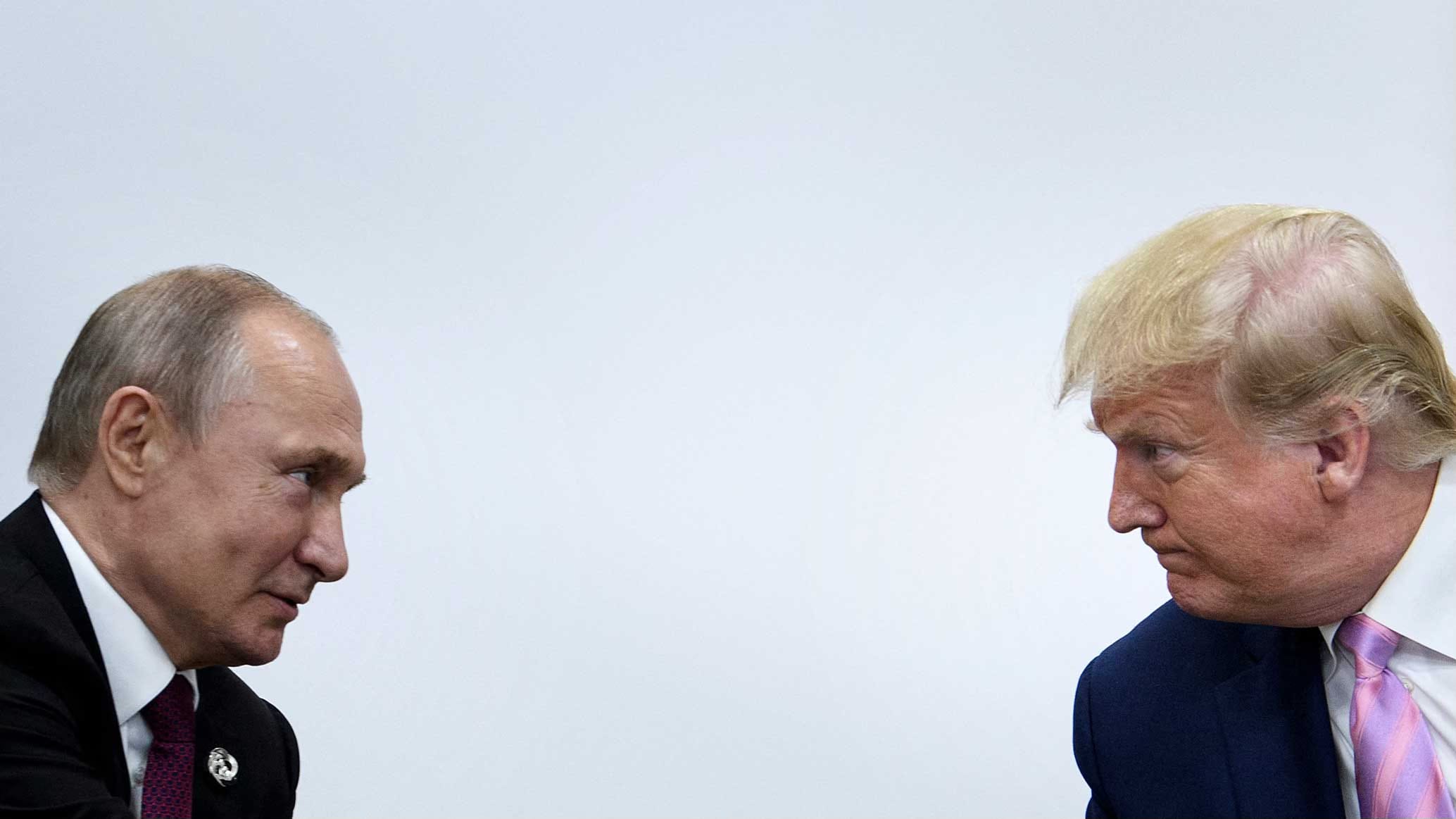Trump backtracks on Theresa May criticism, doubles down on immigration's "negative" effects
President Trump and British Prime Minister Theresa May held a joint news conference at the prime minister's country estate, Chequers, on Friday and addressed a wide range of topics including Mr. Trump's upcoming summit with Russian President Vladimir Putin, immigration, and the explosive comments he made about May's Brexit plan to a British tabloid newspaper just one day before their meeting.
In that interview, President Trump said he thinks Boris Johnson, the Brexit booster who resigned as May's foreign minister this week, would make a great prime minister. And he warned that Britain's trade relationship with the U.S. could be in jeopardy if May follows through with her "soft" Brexit blueprint.
"We were all watching with sort of bated breath to see how President Trump was going to try to finesse what is a very awkward situation, given the on-the-record interview he gave to a U.K. paper in which he was recorded criticizing the U.K. Prime Minister Theresa May – who he stood beside today and said 'I did not criticize her,"' CBS News senior affairs correspondent Margaret Brennan told "CBS This Morning" on Friday. "Standing beside her today, he told a very different story."
The president, however, did not back down from the controversial comments he made about immigration in the Sun interview, calling the influx of migrants a "very negative thing for Europe" during Friday's remarks.
"He said you are losing your culture, and standing beside her today at Chequers he said the same thing, that he thinks immigration is damaging to the United Kingdom. He linked it there to terrorism," Brennan said. "When the president speaks about immigration, you will repeatedly hear him put it in the sense of a threat, a security threat specifically, and that's also how he framed it when he was talking about it in Europe. That this is a threat. He links immigrants to terrorism, specifically, rather than employment, which is actually part of what pushed up some of the Brexit negotiations."
Trump followed a similar pattern at this week's NATO summit by slamming U.S. allies at the outset but ultimately claiming NATO was stronger than it was before. Even if his criticism of May were part of a negotiation strategy to achieve a better trade deal with the U.K., as Brennan pointed out, that's not even on the table yet.
"If the strategy in criticizing Theresa May on her own soil to her home press was to get a better trade deal with the U.K., you have to just look at the facts here. The U.S. cannot negotiate a trade deal with the United Kingdom until that date Theresa May cited, which is in 2019. They cannot actually agree to anything until they leave the European Union. So if this was a strategy to get a better trade deal, he can't get one at this point," Brennan said. "If the strategy at NATO was to shore up more spending in some ways, the president didn't want to take the win that he had because actually NATO allies have been increasing spending on their own defense, which they haven't yet hit the deadline for in 2024. So it's not clear that that adds up to something."
Ahead of his highly anticipated summit with Vladimir Putin in Helsinki on Monday, Trump said he would "absolutely" bring up Russian meddling in the 2016 presidential election. He also said he is interested in coming to a nuclear agreement, but was unclear about what that means.
"What we do know is the State Department and the Pentagon repeatedly accused Russia of cheating on an existing deal, an INF treaty it's called, with the United States. So does that mean he is going to take Putin to task on that front? On cheating on that agreement? Is he going to take Putin to task on the agreement that he is currently breaking in Syria that he brokered with President Trump back in 2017 when they met in Hamburg? The president seems to want to go into this negotiation emphasizing that he had tough talk at NATO, but that they are still a strong alliance. He is arguing that that's a position of strength which Theresa May says, you know, when it comes to U.S. national security policy, foreign policy on paper it is a very strong position. What troubles so many European diplomats is that the president doesn't always echo what his advisers say that U.S. position is."





